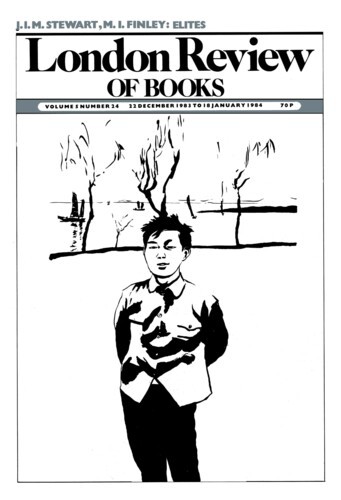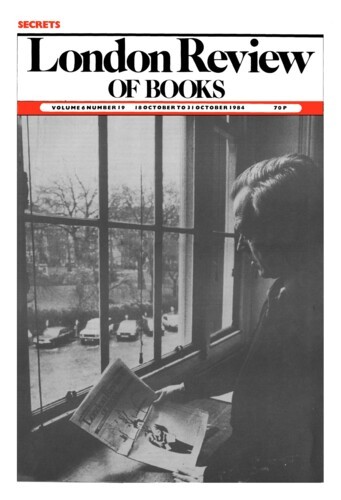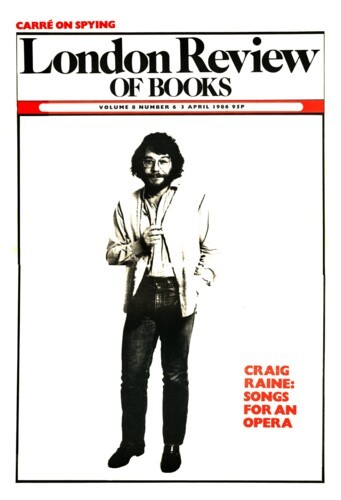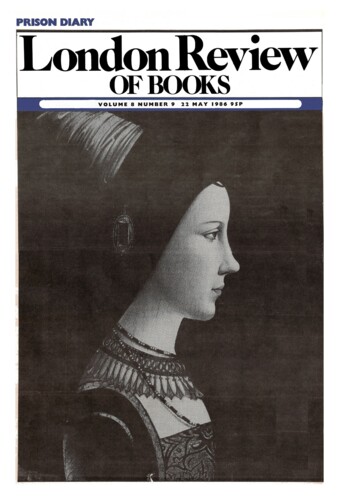Poem: ‘Between’
C.K. Stead, 22 December 1983
Twirling an angry necklace on her fingers under the lamp she was saying she couldn’t stand her teachers or her mother or her life and on the other couch her mother who said she had sulked all afternoon was saying ‘Why hasn’t anyone any pity for me?’ and that she was so tired she could scream...





